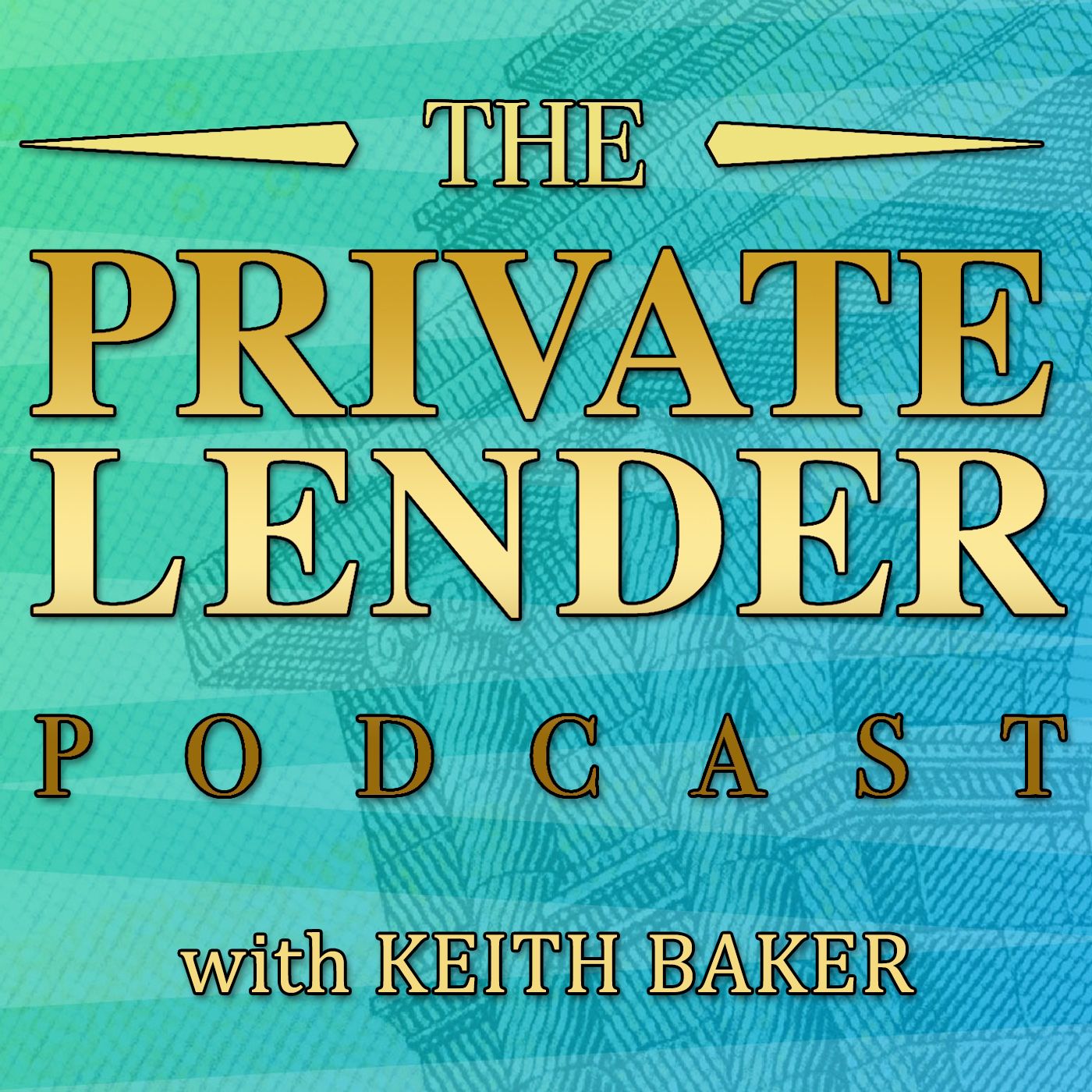PLP-084 Deficiency Judgments And Why You Should Use Them

Have you ever had your lien wiped out when the first lien foreclosed? In this episode, Keith Baker shows you a way to recover your loss. He talks about a tool you can use as a private lender - your right to sue for a deficiency judgment. Sharing from his own experience of having to get a ruling and suing a borrower, Keith also names a couple of things you need to check and prepare when getting a deficiency judgment.
---
Listen to the podcast here:
Deficiency Judgments And Why You Should Use Them
If you're looking for practical tips and advice on mitigating risk in private mortgage lending, then you are in the right place. If you also want to learn from my mistakes so that you can avoid them, then have a seat because this show is created for those who are looking to take control of their financial future and diversify their investments without banks and Wall Street or toilets, tenants and termites. I'd like to create a tribe of private lenders that act as the bank to active real estate investors and change not only the lending landscape but also the landscape and the landscape and the methods in which we teach our children about money. Together we can all prosper without the too big to fail banking systems.
When The World Is In Flux For Private Lenders
Let's face it, the world is in flux and it's time for some radical acceptance of some alternative ways of making money, legal, ethical and moral. I want you to think about this for a second. When economies go into recession, the money supply gets tight. Banks aren't as willing to loan as much or they're not willing to loan to risky borrowers. One thing that banks have over private lenders is the multiplier. If a private lender has $100,000 in an account, that's all that private lender, he or she, can lend. It’s this $100,000. However, if a bank gets $100,000 in deposits, the federal government allows it to loan in some cases up to $1 million or more and that’s a multiplier. If you have $100,000, the federal government will allow you to loan $1 million. That’s a ten times multiplier.
In recessions, those multipliers are reduced. When they reduce, the money supply gets tight and banks stop lending to people who have no business. First off, the first people are the ones that have no business borrowing money on properties they can't afford. It trickles down. It tightens up all around. In deep recessions, they will only loan you money if you don't need it. That's the best position to be in credit-wise. It’s to not need money because banks will be coming after you left and right with all types of offers. When the banks won't lend to real estate investors, I will and this is something I should clarify a little bit. I will loan in my backyard market and others if I'm comfortable with my level of knowledge in that particular market. Because when everyone's running for cover, CNBC, CNN, NBC, Fox and all the faux news and everybody else, it says, “Run for the exits.”
When there is blood in the streets, that is the moment when you want to lend. As a private lender, that's when you're ready to go because that's when the sweet deals will be created. Those are the deals that I want to lend on. Because a good and well-seasoned active investor with private lenders on speed dial will be able to close fast. When the economy sucks and your borrower can close within two weeks on a property, they usually get a good deal. What I'm saying is it lowers the loan-to-value. Let's say if the house after it’s fixed up, the after repaired value is $100,000. In tight economic times, a $100,000 house that needs $10,000 in repairs to get it up to $100,000, that investor can get it for $50,000 or $40,000 all-in.
The amount of money that you're loaning, your loan to the ARV goes down. That is what helps mitigate the risk of the investment because all investments have risks.